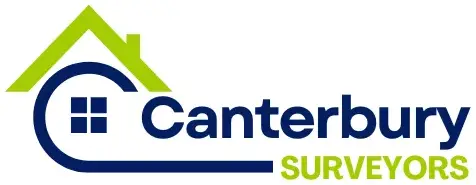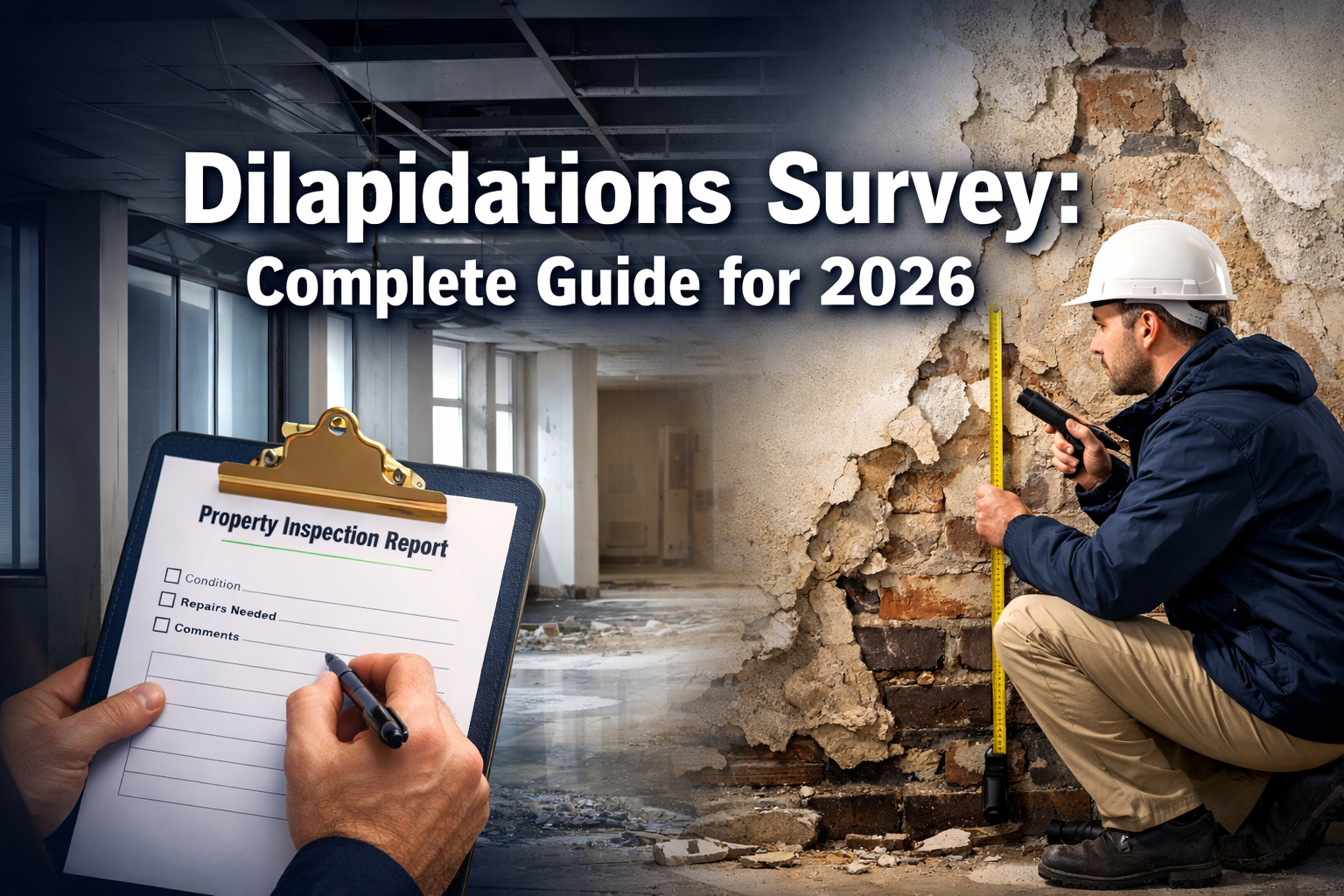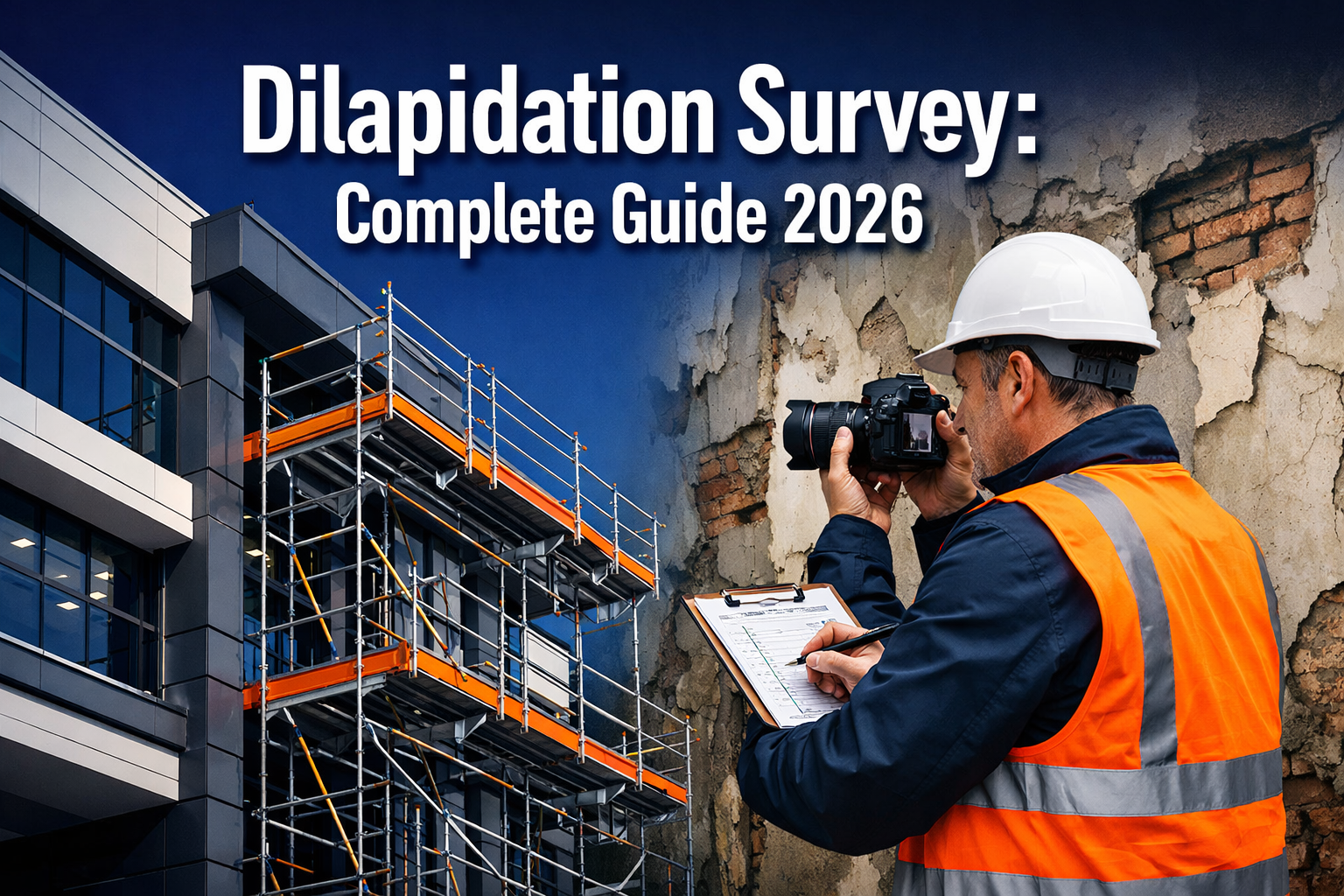Charities Act Valuation Guide
- Home
- Charities Act Valuation Guide
The Charities Act 2011 Valuation Guide
The Charities Act Valuation Guide addresses the Charities Act of 2011, an essential tool for regulating officially registered charities in the United Kingdom.
One of the principal requirements the statute addresses is the charity’s need to obtain “qualified advice” before completing any property-related transactions, including purchases, leases, and disposals.
We will look at what it takes to achieve a “Charities Act Valuation,” how RICS factors into that process, and how our panel of surveyors can help a charity show it has met the Act’s requirements.
What are Charities Act valuations?
When a charity wants to sell or lease land or a building, its trustees must apply for a valuation under the Charities Act.
The Act was originally established in 1960 and has undergone a number of revisions since then—most recently in 2006.
Although the valuations themselves are not done by RICS, when the valuers do their work, they use RICS standards. They apply the RICS ‘Red Book’ as well as a number of other RICS guidelines. The reason why that is important is because RICS is generally recognised as the leading professional organisation for standards and qualifications in surveying—land, property, and construction surveys. However, other accreditation bodies such as CIOB and RPSA have similar standards.
A Canterbury valuer who specialises in the Charities Act
Our panel of RICS valuers is not only experienced but also highly qualified in the delicate business of valuing properties for charities. When undertaking such a valuation, your valuer prepares a document that forms the core of the legal process allowing a charity to engage in a property-related transaction or event and is required by Section 119 of the Charities Act 2011.
What does the Charities Act 2011 say about registering charities when disposing of land?
The Charities Act 2011 requires that when registered charities are disposing of land, they first must obtain a written report from a qualified surveyor. The surveyor must be a member of either the Royal Institution of Chartered Surveyors (RICS) or another recognised professional body, like the Chartered Institute of Building (CIOB). This requirement is outlined in Section 119 of the Act and pertains specifically to what it calls “disposals of an interest in land.”
The final report must contain the following details:
- What is the property worth in the market, considering any prerequisites or prohibitions that affect the transfer?
- What improvements can be made, or what changes can be made to the property that will increase its value?
- What method of disposal will achieve the best value for the organisation—sale, lease, or some other method?
- How can the property be marketed so as to attract the most interest and the highest offers?
Section 119 makes certain that charity trustees take meaningful steps and obtain necessary legal advice when they are getting ready to part with land or property. It’s a rule that covers some pretty vital ingredients of decision-making and lets charities know that it’s sensible for them to decide, in their own best interests, to protect and preserve the assets in their portfolio.
What is the CC33 guidance?
CC33 is guidance offered by the Charity Commission for England and Wales. It explains the legal requirements and best practices for trustee boards of charities to follow when acquiring, disposing of, or mortgaging land and buildings held by the charity.
CC33 ensures that trustees understand the relevant provisions of the Charities Act (Sections 117 to 122, in particular) that govern these activities. Compliance with these provisions is, of course, important. In this way, charities do not act in ways that are contrary to the public benefit.
The CC33 guidance addresses aspects like these:
- Obtaining a written report from a qualified surveyor is necessary before one can properly dispose of property.
- When contemplating transactions involving charity property, the proper course of action is to always do what’s in the best interest of the charity, per the duties of a trustee.
- If the Commission needs to be involved, then the procedure is to acquire its consent before proceeding with the transaction.
CC33 does not have legal standing, but it does offer very useful information and directions to charity trustees regarding the Charities Act 2011.
The Charity Commission’s role in RICS Valuation
The Charity Commission regulates charitable organisations in England and Wales. Although the Charity Commission is not directly obtaining a valuation from RICS, it is a decider in ensuring that charities follow the rules that govern property transactions. These rules, in part, set forth the kind of information that must be included in an RICS valuation when a registered charity is involved in a property transaction.
The Charity Commission calls upon RICS for advice about the professional appraisal and valuations of charities. This is because, under rules we must all follow, trustees cannot make significant decisions about land and property belonging to the charity—and they cannot make those decisions when acquiring, disposing, or leasing land and property—without a signed, written report by a professional, and that professional is almost always a member of RICS.
The Charity Commission fulfils 3 principal functions:
Guidance: its first function is to provide guidance, which it delivers in a number of ways, one of which is through documents like CC33. These documents supply detailed advice.
Compliance: its second function is to maintain compliance. Here, the Charity Commission makes sure that the charities it oversees obey all the relevant laws and regulations and, importantly, that if they run into trouble with the regulations, they seek out remedies via the Commission and not by doing something illegal.
Consent: charities occasionally must get consent from the Charity Commission prior to transacting buildings or land – the commission may ask for the RICS valuation report as part of the application for consent.
Consequently, the Charity Commission does not obtain RICS valuations for charities but aims to establish guidelines and oversee the system to ensure that charities comply with the relevant regulations. These regulations require charities, when engaging in transactions of this nature, to first obtain professional recommendations from qualified surveyors.
Valuation for Divorce (Matrimonial)
A Divorce Settlement Valuation is a service that will enable you to split them appropriately in the divorce settlement. It guarantees that no matter what the terms of the settlement are, the equity is divided proportionately.
A Qualified Surveyor for Charities Act Valuation Canterbury
Ensuring compliance with the Charities Act 2011 begins with appointing the right qualified surveyor for charity asset valuation. The reasons are straightforward: a good charity needs to value its assets accurately to fulfil its basic fiduciary duty and to comply with the law. When making this important appointment, charities should consider several factors:
– The industry body: surveyors should belong to a regulated professional body, like RICS, CIOB or RPSA, which has valuation standards that it enforces.
– Expertise: the surveyor should have relevant experience working with charities and valuing assets similar to those of the charity.
– Independence: the surveyor should not have any conflicts of interest and should not be valuing the charity’s assets for any reason other than the charity’s benefit, in keeping with the requirement for impartiality.
If your charity is a registered charity in the UK, you must comply with the Charities Act 2011. Our valuers give specialised valuation services, ensuring you get good advice for your property transactions, thus helping the community.




